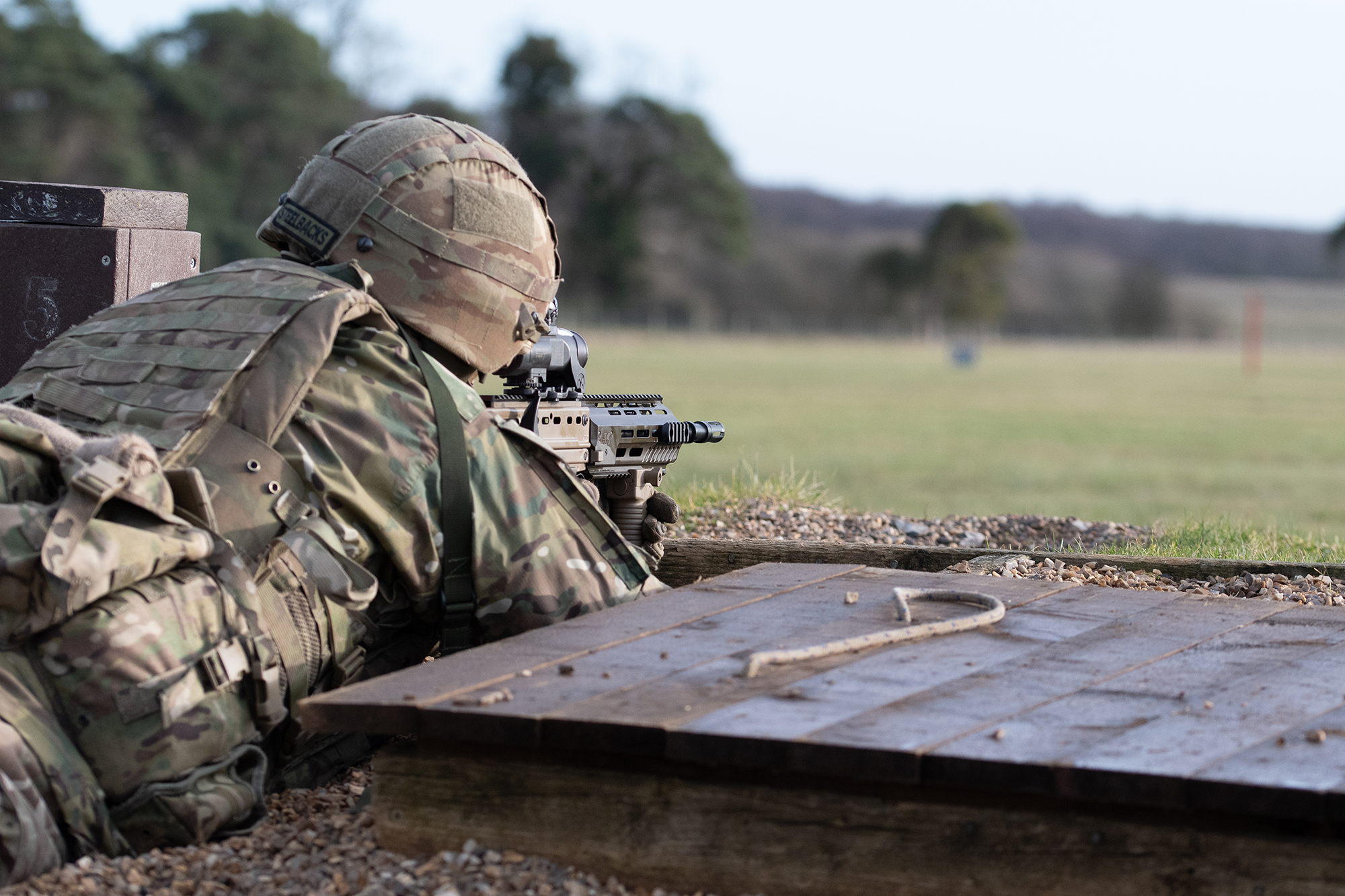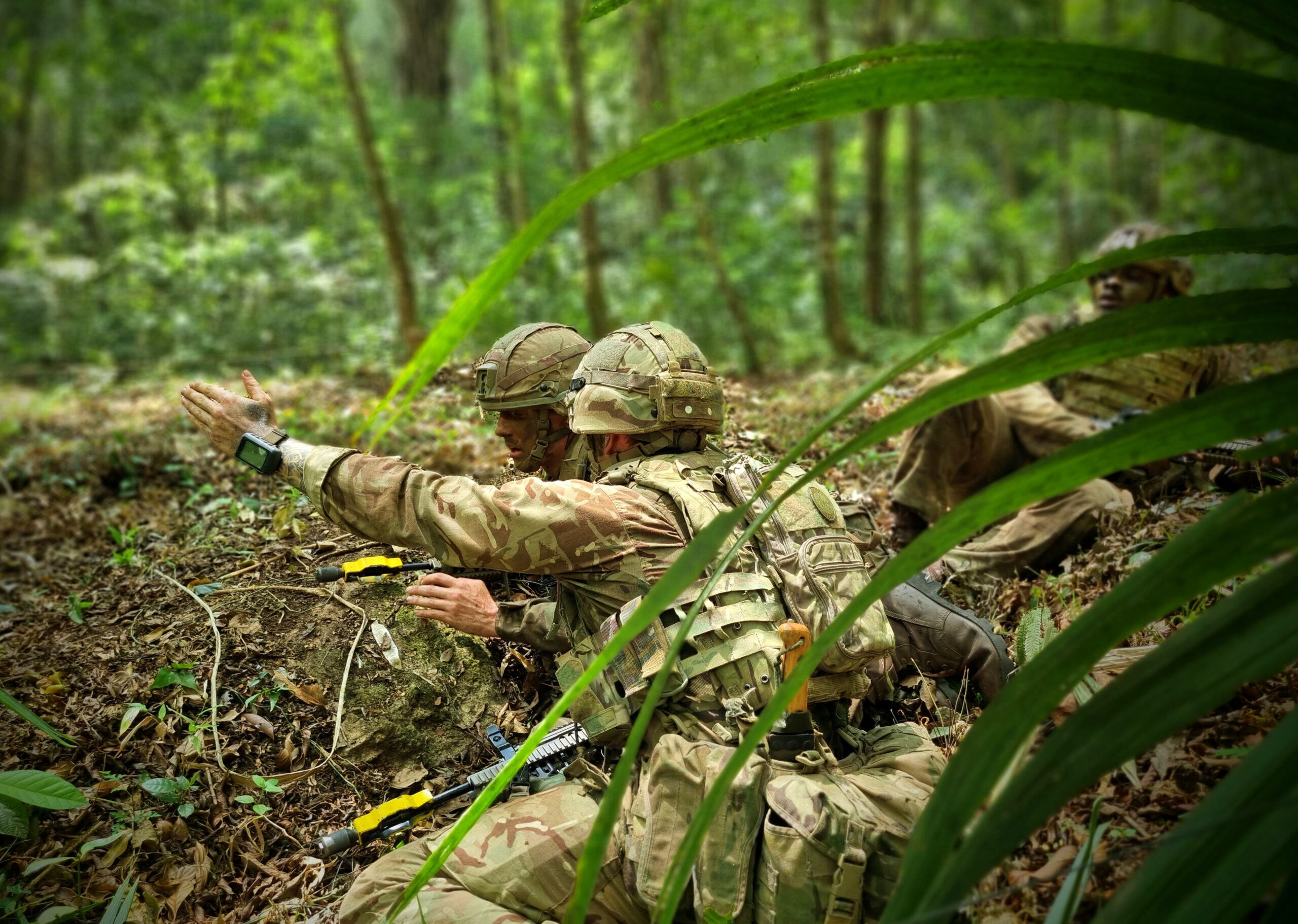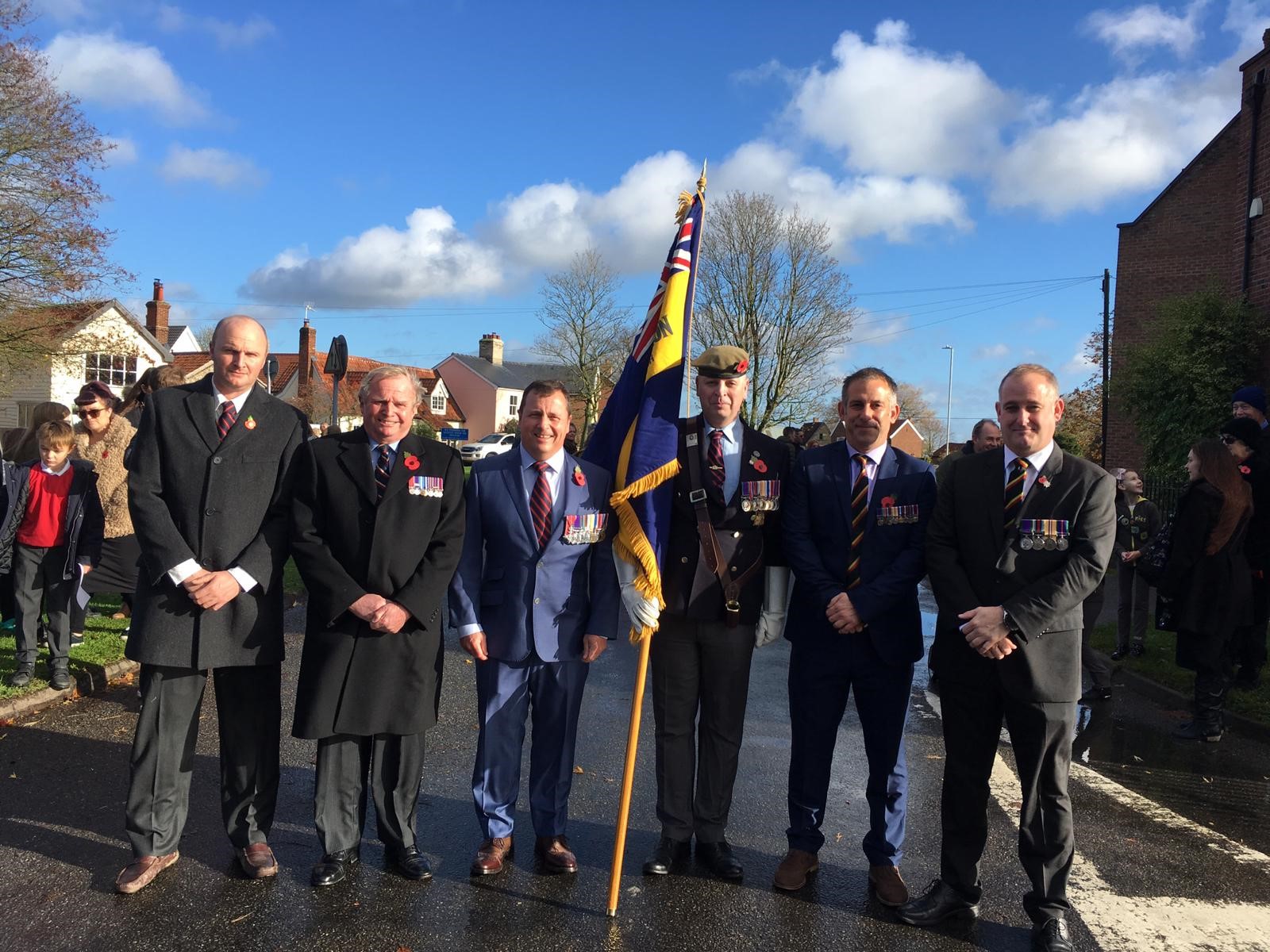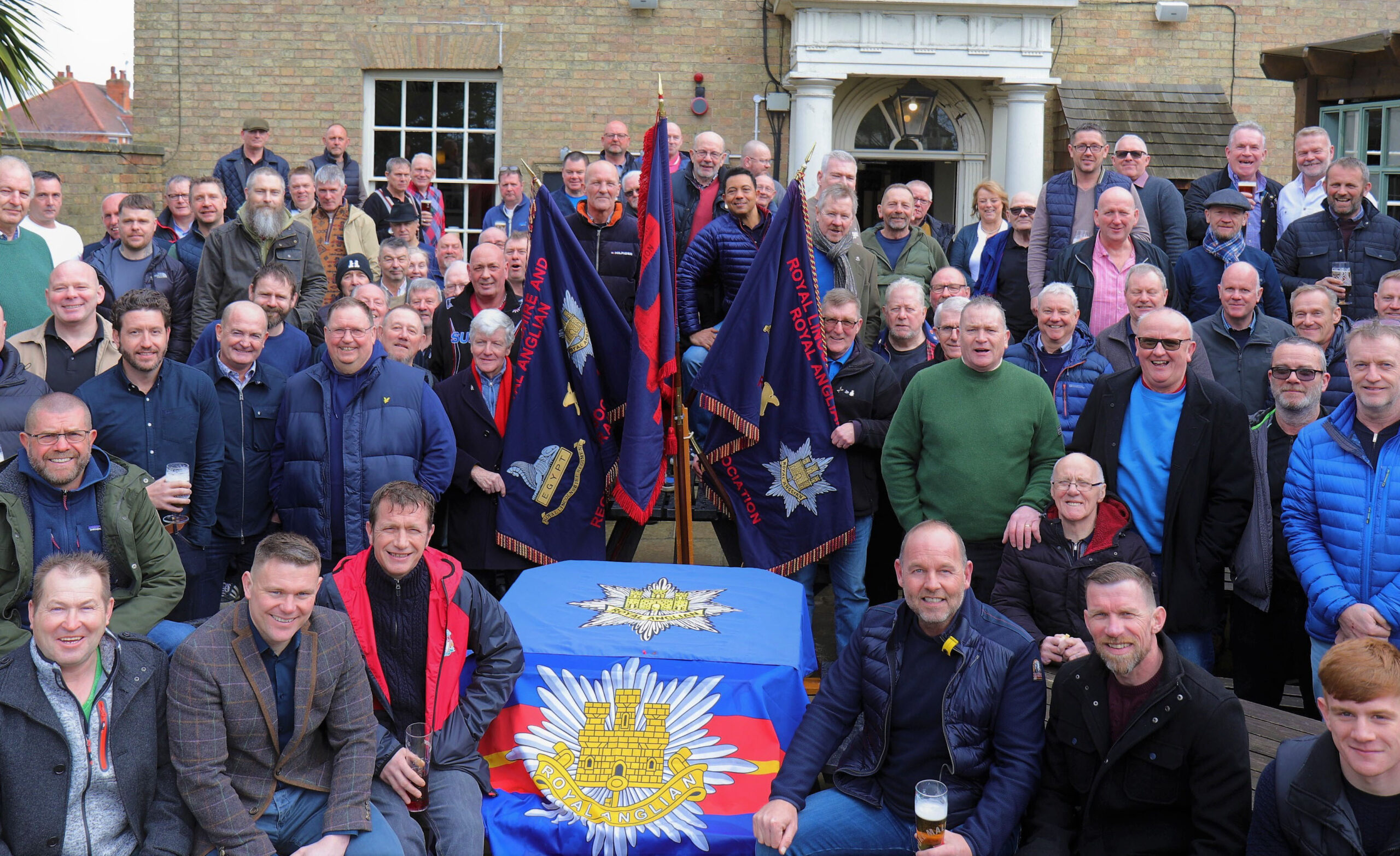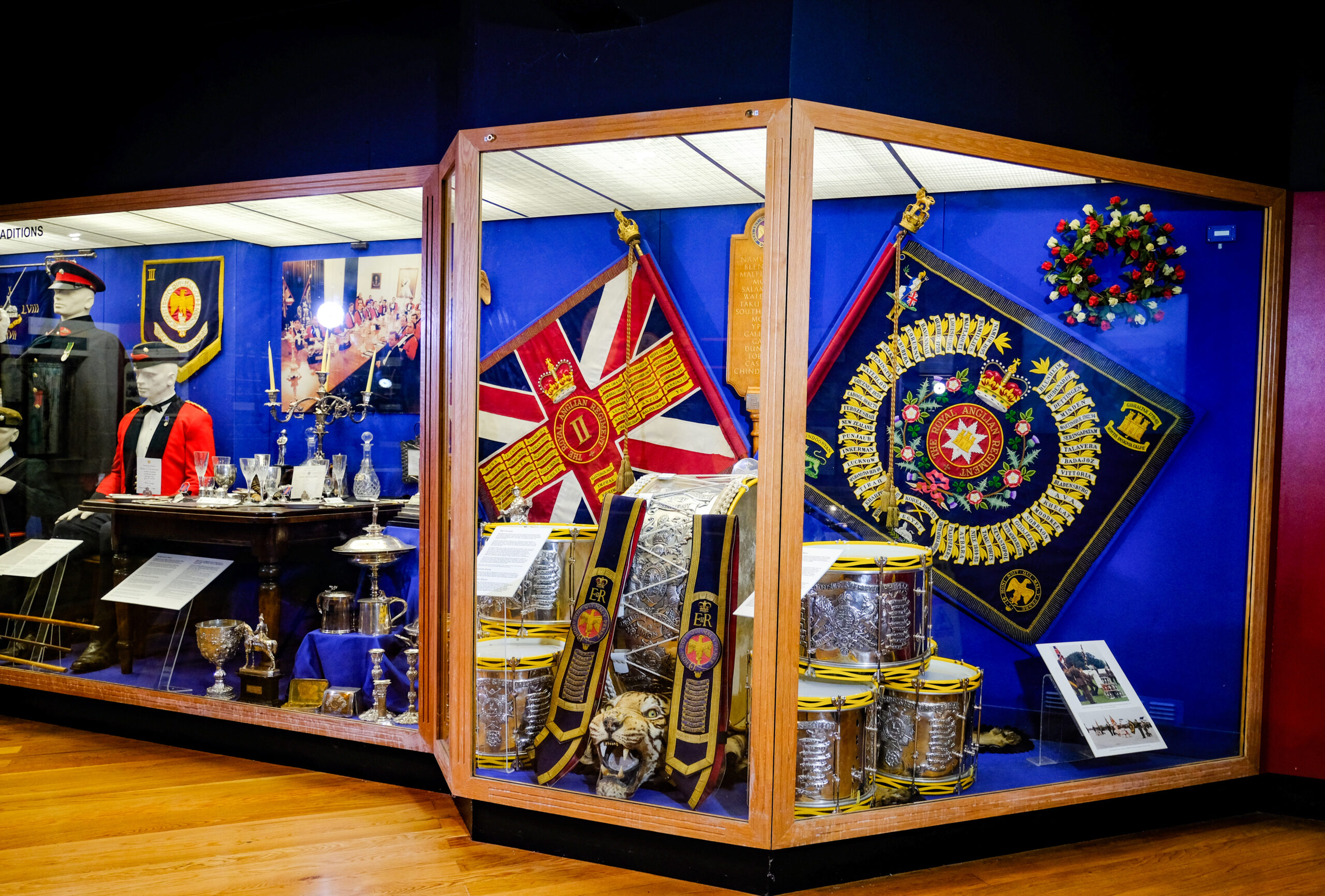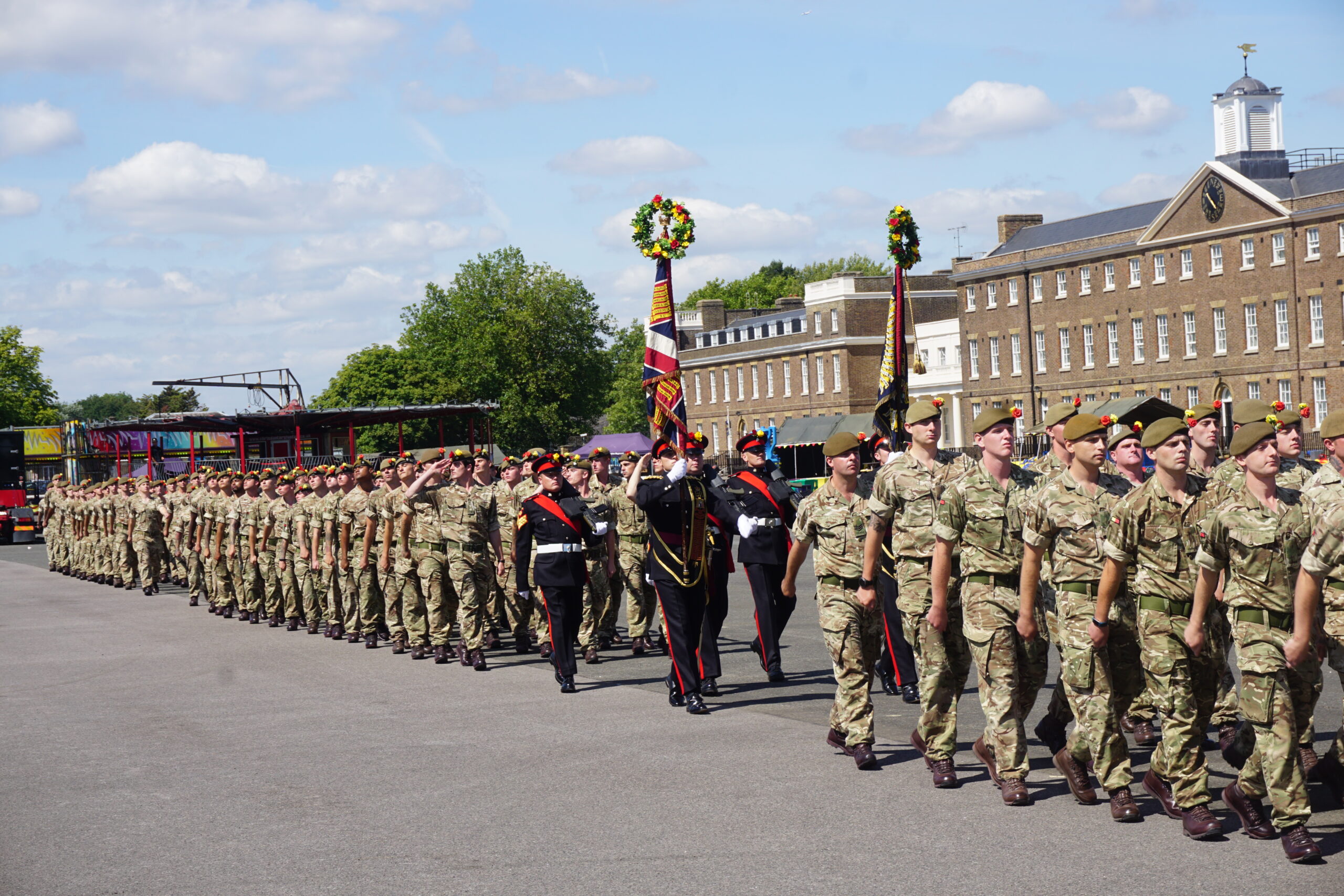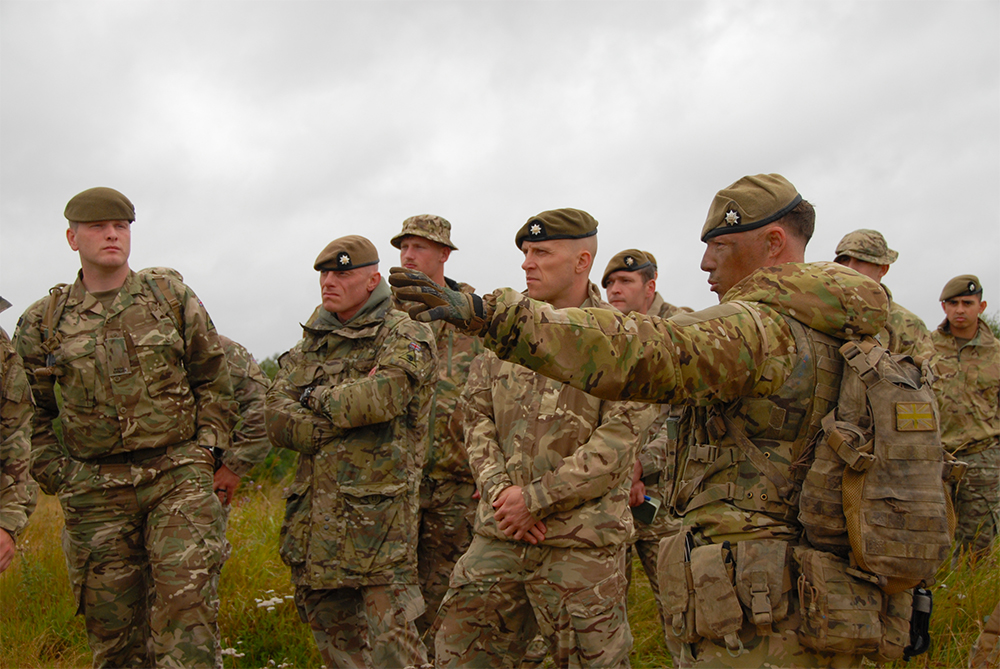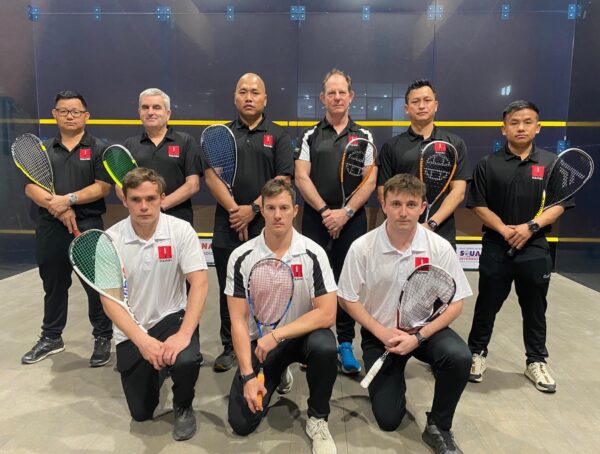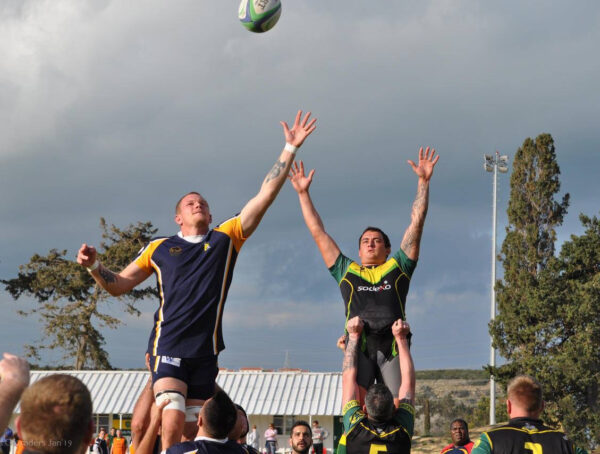The Joint Services Mountain Trg Centre (JSMTC) delivers the Joint Service Adventurous Training Alpine Ski Scheme in Bavaria Germany. Ex Snow Warrior (ESW), and ESW Adaptive (A) are delivered annually, and the training is based out of two lodges in Wertach. This year and concurrently to Serial 4 of ESW an Adaptive Skiing Serial was delivered for 12 Personnel on Recovery Duty (PRD), formerly known as Wounded Injured and Sick (WIS) Service Personnel (SP).
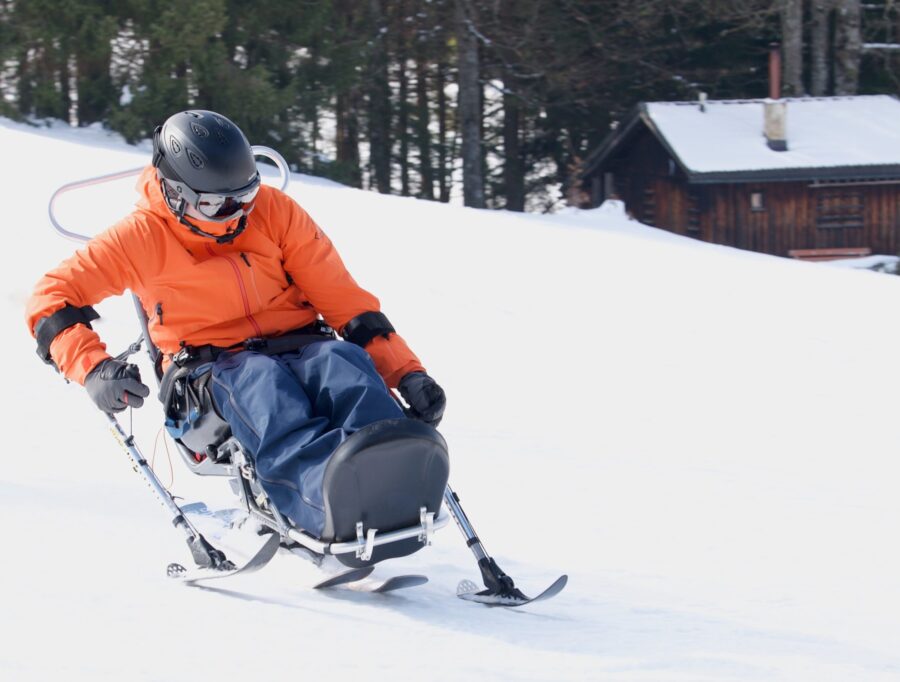
Adaptive skiing uses specialised equipment and/or training to allow military PRD personnel to experience the benefits of skiing. Skiing provides a sense of freedom that is difficult to duplicate in other sports and is used to enhance rehabilitation and personal goals, provide some functional rehabilitation, develop confidence and provide an environment for students to integrate into ‘normal’ activities such as AT.
Personnel attending ESW (A) courses are usually PRD SP assigned to a Permanent Recovery Unit (PRU) and are often patients of Defence Medical Services (DMS) who are diagnosed with physical and or neurological injuries. As such their attendance on ESW (A) is a critical element to their recovery pathway.
The Training Team include a combination of Tri Service Regular and Reserve military instructors trained and qualified through attending a Defence Adaptive Ski Instructor (ASI) course. The course is two weeks long, has 6 places (which can be applied for on OBS) and is delivered from Obersdorf every January. The pre-course requisite is you must be SL1and have attended a delivery serial as an assistant. The course trains instructors in a wide range of specialist equipment and techniques that prepares them to deliver training to individuals with a variety of disabilities.
Potential instructors are invited to attend an Adaptive Serial and cut their teeth as an Assistant where you learn the key elements to managing adaptive techniques and equipment prior to the course. It isn’t for everyone – adaptive ski instructing can be demanding so the Assistant serial ensures potential instructors have a good understanding of how the serial is delivered before they commit to the ASI course.
Instructor training. Skill fade is acute with adaptive skiing, so instructors and assistants deploy ahead of students each serial to re-acquaint themselves with the numerous techniques associated with delivering adaptive skiing to accommodate a wide range of illness and/or disability. The focus is typically on (but not restricted to) mono-skis (single seated ski), bi-skis (more stable twin seated ski), 3 track (one ski and two ski riggers) and 4 track (both skis with ski riggers).
Student to Instructor selection. The aim of the exercise is to ensure the students can ski whatever their condition or disability. This requires careful consideration and ensures a suitable platform (mono ski, bi ski, 3, or 4 track etc) is selected and delivered by the Adaptive instructor with suitable SQEP.
Students arrive, engage with instructors, start their development plans, where they discuss what they want to achieve in terms of clinical/physical/development goals and form a contract with their instructor.
Instructors then complete student assessments to identify specific requirements (physical impairments, specialised assistance needs and red flags etc). Instructors then fine tune the selected equipment to meet the specific student requirements, such as adding extra padding or packing which fully prepares the students to commence training.
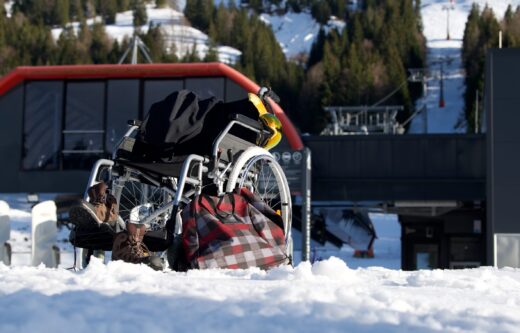
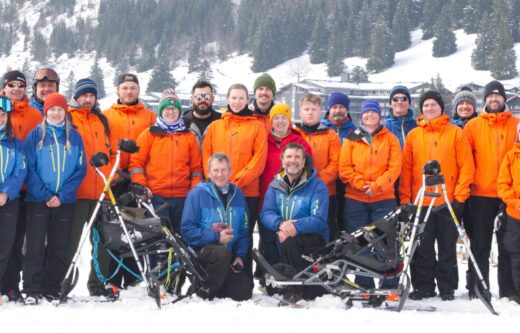
Student Training. There often two distinct groups for adaptive skiing: Stand Up skiers and Sit skiers. Stand up skiers undertake the same central theme training as any SF 1, 2 or even 3 course and conduct touring skills on touring ski platforms with modification to the activity (in terms of time taken and delivery methods) to cater for student needs.
Mono and Bi-skis. training consists of equipment introduction, equipment fitting, modification and adjustment to meet the individual needs of the student. We then move on to flat land drills working on balance which are specific to a sit ski. Next, we move to sliding and introduction to turning. The central ski theme features across all adaptive skiing techniques, but it is modified to suit the nature of skiing. The instructors are constantly assessing the student’s progress and ‘tweaking’ their approach to suit the needs of the students. This continual assessment can even include changing the sit skier’s platform if required between mono and bi skis to ensure we provide the best skiing experience for the student. Fatigue plays a big part in the student’s progress, and the instructors are constantly monitoring their energy levels, and enforcing rest breaks when necessary.
Key to delivery is not to overload students with information and to only change one element or piece of equipment at a time. Students are often given one to one training due to medical conditions but are encouraged to ski and learn alongside others and where possible ski together to team build and bond and share the challenge and experience and encourage a team ethos.
RECOVER WITH SUCCESS.
This serial saw seven skiers achieve their SF 1 award and 3 complete SF2 continuation training which is testament to the students (and instructors) who fully applied themselves and achieved their goals. Beyond the qualifications adaptive skiing aspires to deliver ski AT in a safe and controlled environment and contribute to their recovery pathway. The benefits are boundless – it enhances personal rehabilitation goals; it provides functional rehabilitation; it develops confidence and provide an environment for students to integrate in ‘normal’ activities.
However, to maintain this adaptive AT requires a throughput of Adaptive Ski Instructors to form the base from which to select and train future serials from. If you feel you can contribute and the notion of assisting PRD people to achieve excites you then please drop me a message.
It is also worth noting Instr opportunities for Adaptive Canoeing and Rock Climbing also exist if you have the standard AT Quals in those disciplines.
Author Major Stuart Robinson


